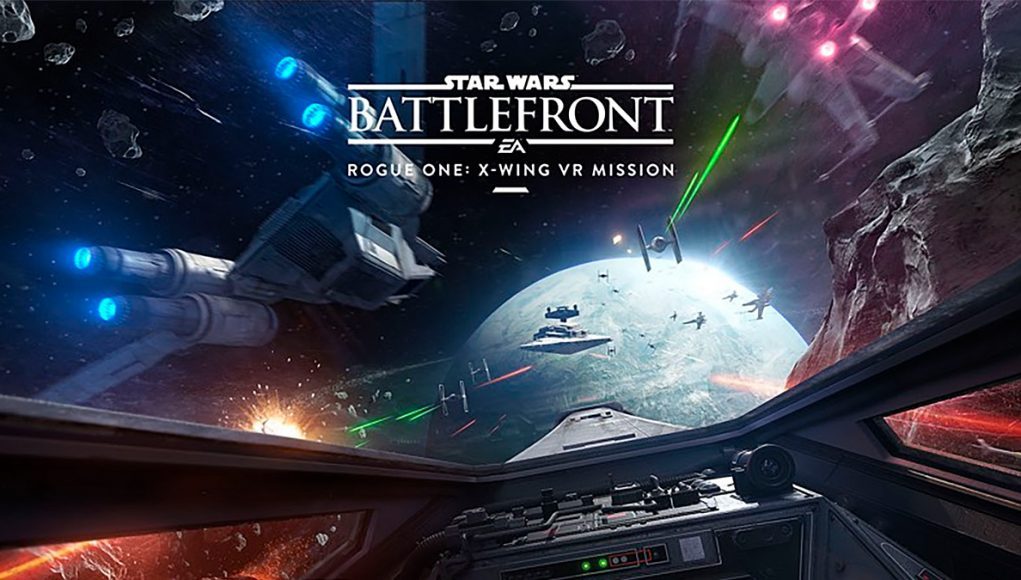Criterion Games, the EA studio that developed the PSVR-exclusive Star Wars Battlefront Rogue One: VR Mission, could be working on new VR experiences for the upcoming Battlefront II.
EA today announced Star Wars Battlefront II, a followup to 2015’s Star Wars Battlefront reboot. The game’s reveal trailer suggests a full single-player campaign this time around, as well as the large scale multiplayer action that the franchise is known for, this time spanning many Star Wars eras:
In December, EA launched the PSVR-exclusive Star Wars Battlefront Rogue One: VR Mission, a free DLC add-on to the game which brought a short but polished demo that would be the first taste of VR to be released by EA. Developed by child-studio Criterion Games, the Rogue One: VR Mission was built on EA’s powerful Frostbyte engine which has been adapted for VR support, something which we guessed would lay the groundwork for more VR content to come from the company.
Now it seems Battlefront II could get some VR content of its own. In the context of prompting job openings at the studio, Criterion CTO Alex Mole recently tweeted that the studio is actively working on a project for Battlefront II, which was subsequently retweeted by the official Criterion Games Twitter account.
@fgandiya @sehurlburt @Wertle @CriterionGames Our most recent release was the VR mission for Star Wars Battlefront. Next up is something awesome in Battlefront II
— Alex Mole (@TheRealMolen) April 14, 2017
We wouldn’t necessarily say that’s conclusive evidence of a Battlefront II VR Mission in the works, but it does seem to point in that direction. Such an experience seems a little more likely too thanks to the positive reception to the first Battlefront VR Mission which currently holds a 4 out of 5 star rating on the PlayStation Store.
Among those job openings at Criterion which Mole is alluding to, all of them mention in the introduction that Criterion was the studio behind the Battlefront VR Mission, while the Environment Artist listing specifically seeks someone with “experience developing for VR.”







